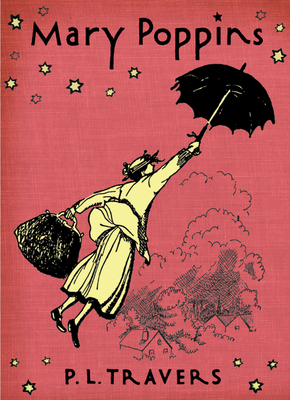
description
5"The political cataclysms and cultural revolutions of our century . . . confirm the status of Notes from Underground as one of the most sheerly astonishing and subversive creations of European fiction."--from the Introduction by Donald Fanger "I am a sick man . . . I am a spiteful man," the irascible voice of a nameless narrator cries out. And so, from underground, emerge the passionate confessions of a suffering man; the brutal self-examination of a tormented soul; the bristling scorn and iconoclasm of alienated individual who has become one of the greatest antiheroes in all literature. Notes From Underground, published in 1864, marks a tuming point in Dostoevsky's writing: it announces the moral political, and social ideas he will treat on a monumental scale in Crime And Punishment, The Idiot, and The Brothers Karamazov. And it remains to this day one of the most searingly honest and universal testaments to human despair ever penned.
member goods
No member items were found under this heading.
Return Policy
All sales are final
Shipping
No special shipping considerations available.
Shipping fees determined at checkout.







